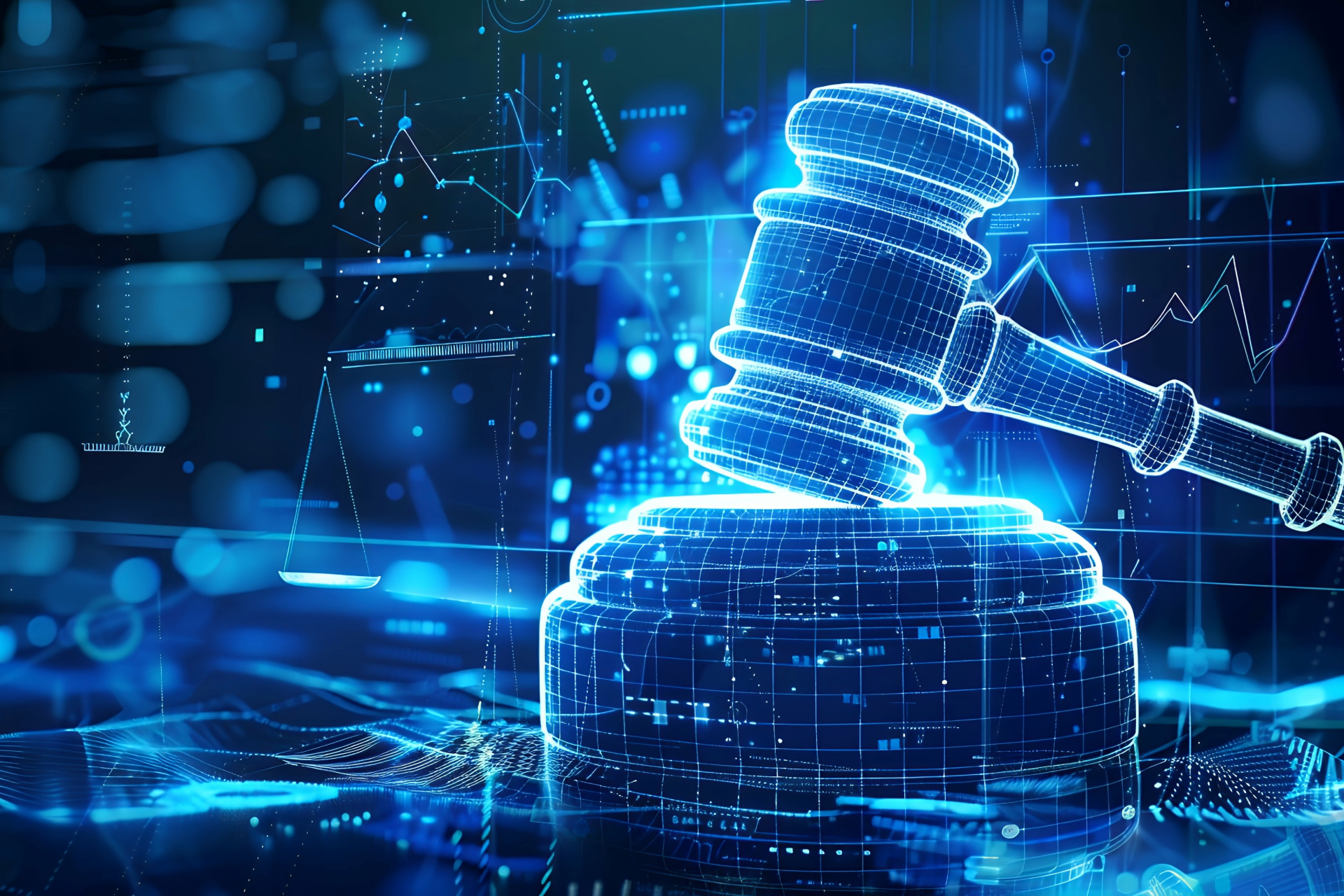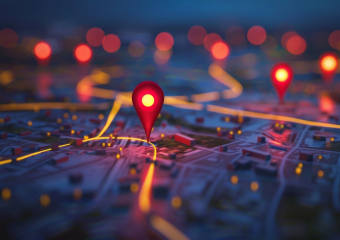Navigating Pesticide Law with AI Precision: AttorneysAIx for Environmental Attorneys
Navigating Pesticide Law with AI Precision: AttorneysAIx for Environmental Attorneys
Pesticide Regulation and the Role of AI in Environmental Law
The intricate world of environmental law is becoming increasingly complex, especially concerning pesticide regulations. With a rapidly expanding global population, the necessity for more intensive agricultural practices has spiked, subsequently leading to greater pesticide use. However, the detrimental impact of pesticides on the environment and human health has spurred stringent regulations. Here, we explore the pivotal role of AttorneysAIx, a revolutionary AI tool tailored for environmental lawyers, helping them navigate this intricate legal terrain with unprecedented precision.
Pesticides, which include herbicides, insecticides, and fungicides, are rigorously regulated to ensure they don’t pose unacceptable risks to human health or the environment. Environmental attorneys are at the forefront, tackling these legal intricacies to ensure compliance with laws and advocate for the sustainable use of these substances.
AI Revolutionizes Pesticide Law Compliance
The increasing complexity of pesticide legislation calls for innovative solutions that enable attorneys to manage large volumes of information and make precision-driven decisions. AttorneysAIx is one such innovation. This sophisticated AI tool is engineered to assist environmental attorneys by providing comprehensive, real-time data analysis, ensuring that they are always ahead of regulatory changes and new scientific discoveries that could impact their cases.
One of the standout features of AttorneysAIx is its ability to digest vast datasets, including prior case law, current regulations, and pending legislation, all relevant to pesticide use and regulation. This capability not only improves the efficiency of legal research but also enhances the accuracy of legal advice, facilitating more strategic decision-making in both litigation and compliance matters.
Streamlining Legal Workflows with AttorneysAIx
With AI integration, routine tasks such as document review and compliance checks are streamlined, allowing attorneys to focus on more complex aspects of legal advocacy and strategy. AttorneysAIx uses machine learning algorithms to identify patterns and predictive outcomes, which can offer attorneys foresight into the potential challenges and opportunities within a case.
Moreover, AttorneysAIx’s real-time monitoring system means that lawyers are kept abreast of any changes or updates in the regulatory landscape as soon as they occur. This feature is particularly advantageous in the field of environmental law, where regulations can change rapidly in response to new environmental studies or public health concerns.
Ethical and Effective Use of AI in Legal Practices
While the advantages of integrating AI like AttorneysAIx into legal practices are evident, it is crucial to navigate this adoption ethically and responsibly. As AI systems operate based on data-fed algorithms, there is a need to ensure the data is unbiased and represents all necessary variables accurately. Environmental attorneys must remain vigilant about the sources and types of data they utilize to feed into AI systems to maintain the integrity and fairness of their legal practices.
Furthermore, while AI can significantly augment the capabilities of legal professionals, it is not a substitute for the nuanced understanding and judgment that experienced attorneys bring to the table. Therefore, the best use of tools like AttorneysAIx is in a collaborative capacity, where AI solutions enhance the skills of legal professionals rather than replace them.
Conclusion: Embracing AI for a Better Future in Environmental Law
The integration of AI tools like AttorneysAIx in the realm of environmental law represents a significant advancement in how legal professionals manage and respond to the complexities of pesticide regulation. By leveraging AI for routine tasks and complex data analysis, attorneys can focus more on crafting effective legal strategies that promote sustainable environmental practices.
As we move forward, the collaboration between AI and human expertise will continue to evolve, ultimately leading to more proactive and informed environmental stewardship. In embracing these advanced tools, environmental attorneys are not only equipped to handle the demands of today’s challenging legal landscape but are also paving the way for future innovations in the legal field.




